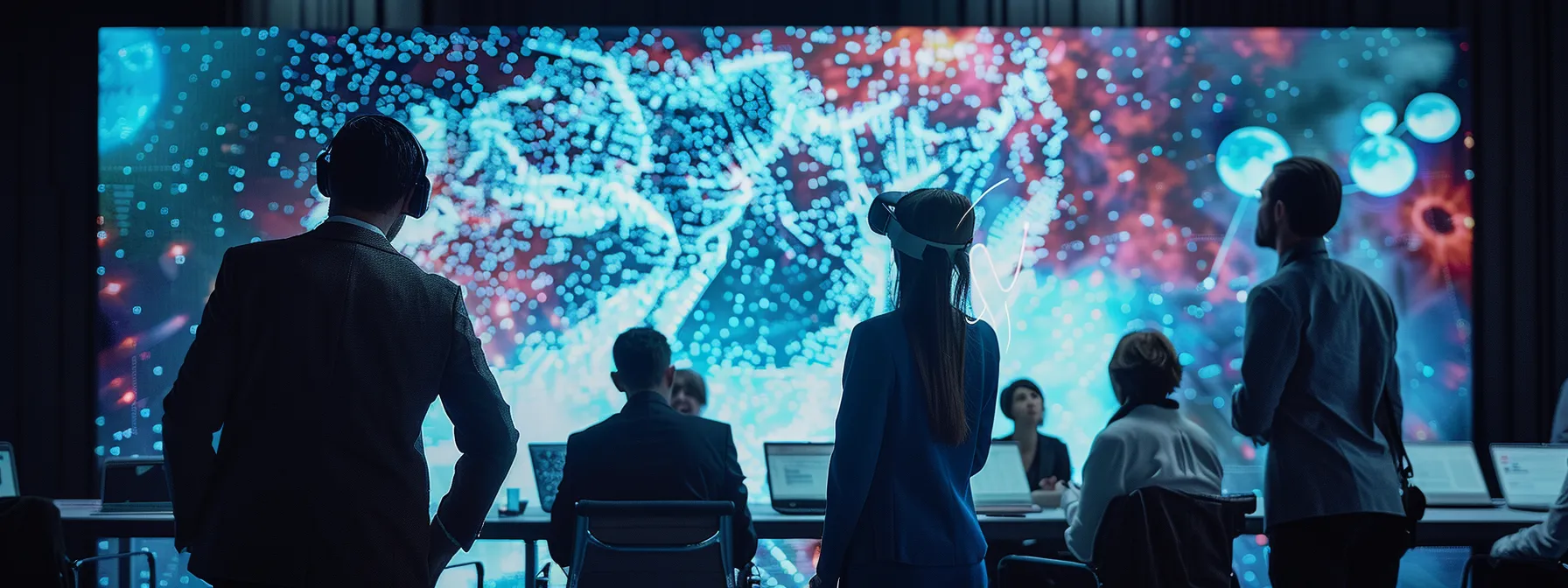Overcoming Cognitive Barriers: Strategies for Improved Mental Clarity
Mental clarity is essential for effective communication, decision-making, and fostering strong relationships. When you understand how cognitive barriers influence your mood and logical thinking, you can enhance your intelligence and persuasion in your interactions. Embracing the principles of “Thinking Into Results” equips you with the tools needed to navigate these obstacles successfully. The journey towards improved listening skills and mental clarity can transform not just your personal effectiveness, but also your interactions with others. Keep reading to discover practical strategies that will empower you to break down these barriers and elevate your communication.
Key Takeaways
- Cognitive barriers hinder effective listening in personal and professional settings
- Information overload complicates problem-solving and can lead to feelings of overwhelm
- Prejudging speakers affects the absorption of important insights during conversations
- Speech rate mismatches can lead to misunderstandings and missed nonverbal cues
- Managing internal and external distractions is crucial for enhancing focus and engagement
Understanding Barriers for Better Listening

Your ability to listen effectively can be significantly hindered by various cognitive barriers, which can arise in both personal and professional settings. Information overload often creates a mental fog, making it difficult to absorb what others are communicating. Similarly, prejudging speakers or topics can close off your mind before the conversation has even begun. The disparity between the rate of speech and thought can lead to misunderstandings, as you may struggle to keep pace with the dialogue. Moreover, both internal and external distractions can derail your focus, preventing you from fully engaging and practicing empathy in your interactions. Understanding these barriers through the lens of metacognition will empower you to adopt strategies that enhance your clarity and listening skills, ultimately allowing for richer and more meaningful exchanges regardless of factors like gender or individual experiences, such as a stroke.
Information Overload
You may encounter information overload, especially considering the vast amounts of data and research available today. This abundance can create hurdles in your Thinking Into Results problem-solving abilities, making it harder to sift through the noise and focus on relevant insights. In our current culture, particularly since the pandemic, accessing a multitude of databases has become routine, yet it often leads to feeling overwhelmed rather than empowered.
Prejudging
Prejudging speakers or topics can significantly undermine your ability to listen effectively. When you form opinions before the dialogue begins, you risk filtering out important insights that may lie beneath the initial noise. For example, a nurse listening to a patient’s concerns might overlook critical information if they preconceive an assessment based on speech rate rather than the content of the message.
Rate of Speech and Thought
The rate of speech can significantly influence how you process information and engage in conversations. When the speed of spoken words exceeds your ability to comprehend, vital aspects of nonverbal communication may slip by unnoticed, impacting the overall relevance of the exchange. Additionally, utilizing educational technology can support your understanding by providing resources for citation that clarify behavior and context, allowing you to align your thought processes with the dialogue effortlessly.
Internal and External Distractions
Internal and external distractions can significantly affect your ability to listen and absorb information. Beliefs about yourself and the environment often dictate how well you engage with others; these distractions can make it difficult to focus, especially in high-pressure situations like studying for an exam. Moreover, as an expert in personal development, you can harness knowledge on managing these disruptions to foster a more attentive mindset.
- Identify common internal distractions, such as negative beliefs or worries.
- Recognize external distractions, including noise and interruptions.
- Implement strategies to mitigate these distractions for better focus.



